The rule that will be effective from June 26 will allow the government to take over the control and management of any or all of any telecommunication services or network, in the interest of national security, friendly relations with foreign states, or in the event of war.
New provisions under the Telecommunications Act 2023 will become effective from June 26. The new telecom law will replace both the Indian Telegraph Act (1885) and the Indian Wireless Telegraph Act of 1933. The new Act addresses significant technological advancements in the telecommunications sector.
“The Telecommunications Act, 2023 (44 of 2023), the Central Government hereby appoints the 26th Day of June 2024, as the date on which the provisions of sections 1, 2, 10 to 30, 42 to 44, 46, 47, 50 to 58, 61 and 62 of the said Act shall come into force,” the government notification said.
The rule that will be effective from June 26 will allow the government to take over the control and management of any or all of any telecommunication services or network, in the interest of national security, friendly relations with foreign states, or in the event of war.
The new law allows people to have maximum of nine SIM cards registered to their names. However, for those living in Jammu and Kashmir or in the Northeast, they can only have up to six SIM cards. A person who is found going beyond the maxium limit will face a fine of Rs 50,000 for the first-time breach and an even heftier Rs 2 lakh for subsequent violations.
Furthermore, if someone obtains a SIM card by deceiving others, using their identification documents, they could face a penalty of up to three years imprisonment, a fine of up to 50 lakh rupees, or both.
Commercial messages sent without the user's consent may lead to the relevant operator may face a hefty penalty of up to Rs 2 lakh and risk being banned from providing any services.
Moreover, the government is allowed to grant permission to telecom companies to install mobile towers or lay telecom cables on private properties. This can be done even if the landowner is against it, as long as the authorities believes it as a necessity.
In situations when nation’s security is at risk, or during emergency scenarios, another provision gives government the power to intercept telecom service to block and control transmissions of messages and call interactions.
Messages sent by journalists with state and Central accreditation for news purposes are exempt from surveillance.
However, the calls and messages of accredited journalists may be monitored and blocked if their news reports are seen as a potential threat to the country's security.
(With PTI inputs)
The DNA app is now available for download on the Google Play Store. Please download the app and share your feedback with us.
![submenu-img]() Central government makes bold move, lifts ban on agricultural sector for…
Central government makes bold move, lifts ban on agricultural sector for…![submenu-img]() BCCI announces 15-member squad for Bangladesh T20Is, pace sensation Mayank Yadav earns maiden call-up
BCCI announces 15-member squad for Bangladesh T20Is, pace sensation Mayank Yadav earns maiden call-up![submenu-img]() Meet man, who started company after sending drunk text to boss, not from IIT, IIM, his worth is Rs...
Meet man, who started company after sending drunk text to boss, not from IIT, IIM, his worth is Rs...![submenu-img]() Sanjay Gandhi, Bhindranwale's conversation to Sikhs firing: CBFC wants these cuts from Kangana Ranaut's Emergency
Sanjay Gandhi, Bhindranwale's conversation to Sikhs firing: CBFC wants these cuts from Kangana Ranaut's Emergency ![submenu-img]() Watch: Karisma Kapoor recreates ‘Sona Kitna Sona’ song with Zaheer Iqbal, Sonakshi Sinha's reaction goes viral
Watch: Karisma Kapoor recreates ‘Sona Kitna Sona’ song with Zaheer Iqbal, Sonakshi Sinha's reaction goes viral![submenu-img]() 'PoK खाली किए बगैर नहीं सुलझेगा...', UNGA में पाकिस्तान पर जमकर बरसे विदेश मंत्री जयशंकर
'PoK खाली किए बगैर नहीं सुलझेगा...', UNGA में पाकिस्तान पर जमकर बरसे विदेश मंत्री जयशंकर![submenu-img]() Team India Squad: बांग्लादेश के छक्के छुड़ाएगा IPL का ये तूफानी गेंदबाज, BCCI ने पहली बार दिया टीम में मौका, नए चेहरों की भरमार
Team India Squad: बांग्लादेश के छक्के छुड़ाएगा IPL का ये तूफानी गेंदबाज, BCCI ने पहली बार दिया टीम में मौका, नए चेहरों की भरमार![submenu-img]() पिता सीएम, बेटा डिप्टी CM... तमिलनाडु कैबिनेट में बड़ा फेरबदल, उदयनिधि स्टालिन मिली ये जिम्मेदारी
पिता सीएम, बेटा डिप्टी CM... तमिलनाडु कैबिनेट में बड़ा फेरबदल, उदयनिधि स्टालिन मिली ये जिम्मेदारी![submenu-img]() Maharashtra Assembly Elections 2024: महाराष्ट्र में 22 फीसदी बढ़ीं महिला वोटर, कब होंगे चुनाव? निर्वाचन आयोग ने बताई डेडलाइन
Maharashtra Assembly Elections 2024: महाराष्ट्र में 22 फीसदी बढ़ीं महिला वोटर, कब होंगे चुनाव? निर्वाचन आयोग ने बताई डेडलाइन![submenu-img]() Jammu-Kashmir Encounter: कुलगाम मुठभेड़ में 2 आंतकी ढेर, ASP समेत 5 सुरक्षाकर्मी हुए घायल
Jammu-Kashmir Encounter: कुलगाम मुठभेड़ में 2 आंतकी ढेर, ASP समेत 5 सुरक्षाकर्मी हुए घायल![submenu-img]() Mahindra Thar Roxx 4x4 prices revealed, starts at Rs…
Mahindra Thar Roxx 4x4 prices revealed, starts at Rs…![submenu-img]() Sebi gives nod to Hyundai India's Rs 20,000 crore IPO, listing month is...
Sebi gives nod to Hyundai India's Rs 20,000 crore IPO, listing month is...![submenu-img]() Tata launches Nexon iCNG, check price, mileage, other features
Tata launches Nexon iCNG, check price, mileage, other features![submenu-img]() This Indian car brand set to acquire 50% stake in Skoda Auto Volkswagen India, deal will cost Rs…
This Indian car brand set to acquire 50% stake in Skoda Auto Volkswagen India, deal will cost Rs…![submenu-img]() Ford to return to India after 2 years with reopening of....
Ford to return to India after 2 years with reopening of....![submenu-img]() Meet India's youngest woman to crack UPSC exam at age 21, secured AIR 13, but didn't become IAS due to...
Meet India's youngest woman to crack UPSC exam at age 21, secured AIR 13, but didn't become IAS due to...![submenu-img]() Meet India’s first female IAS officer, also second woman to crack UPSC exam, she was posted at...
Meet India’s first female IAS officer, also second woman to crack UPSC exam, she was posted at...![submenu-img]() Meet man, bangle seller who cracked UPSC exam despite being specially abled, becomes IAS officer with AIR...
Meet man, bangle seller who cracked UPSC exam despite being specially abled, becomes IAS officer with AIR...![submenu-img]() Meet man who passed AIIMS exam at 16, cracked UPSC exam at 22, later resigned as IAS officer to build...
Meet man who passed AIIMS exam at 16, cracked UPSC exam at 22, later resigned as IAS officer to build...![submenu-img]() Meet man who lost his legs, cracked JEE Advanced, completed B.Tech from IIT Madras, is now working at…
Meet man who lost his legs, cracked JEE Advanced, completed B.Tech from IIT Madras, is now working at…![submenu-img]() IIFA Awards 2024: Date, Time, Venue And Where To Watch - All You Need To Know
IIFA Awards 2024: Date, Time, Venue And Where To Watch - All You Need To Know![submenu-img]() Congress President Kharge Slams & Opposes 'One Nation, One Election' Proposal, Calls It Impractical
Congress President Kharge Slams & Opposes 'One Nation, One Election' Proposal, Calls It Impractical![submenu-img]() Why 'One Nation One Election' Is important? Ashwini Vaishnaw Explains After It Gets Cabinet Approval
Why 'One Nation One Election' Is important? Ashwini Vaishnaw Explains After It Gets Cabinet Approval![submenu-img]() Jammu Kashmir Assembly Election 2024 Phase 1 Highlights: What Happened In First phase In J&K Polls?
Jammu Kashmir Assembly Election 2024 Phase 1 Highlights: What Happened In First phase In J&K Polls?![submenu-img]() One Nation One Election: Centre Clears Proposal, Bill To Be Introduced In Winter Session | Modi 3.0
One Nation One Election: Centre Clears Proposal, Bill To Be Introduced In Winter Session | Modi 3.0![submenu-img]() Meet man, who started company after sending drunk text to boss, not from IIT, IIM, his worth is Rs...
Meet man, who started company after sending drunk text to boss, not from IIT, IIM, his worth is Rs...![submenu-img]() Meet woman, who started business with two sewing machines, now styles Nita Ambani, Alia Bhatt, Priyanka Chopra
Meet woman, who started business with two sewing machines, now styles Nita Ambani, Alia Bhatt, Priyanka Chopra![submenu-img]() Ratan Tata's iPhone manufacturing company plans to take big step, as they are about to hire....
Ratan Tata's iPhone manufacturing company plans to take big step, as they are about to hire....![submenu-img]() Alia Bhatt reacts as Ranbir Kapoor makes a big move on his 42nd birthday, launches…
Alia Bhatt reacts as Ranbir Kapoor makes a big move on his 42nd birthday, launches…![submenu-img]() Anil Ambani-owned company's share price hits upper circuit, in 8 days it has surged...
Anil Ambani-owned company's share price hits upper circuit, in 8 days it has surged...![submenu-img]() Central government makes bold move, lifts ban on agricultural sector for…
Central government makes bold move, lifts ban on agricultural sector for…![submenu-img]() Odisha orders Internet shut down for 48 hours in Bhadrak district in order to prevent spread of...
Odisha orders Internet shut down for 48 hours in Bhadrak district in order to prevent spread of...![submenu-img]() Haryana: 3 dead, 9 injured in illegal firecracker factory blast in Sonipat, here's what we know so far
Haryana: 3 dead, 9 injured in illegal firecracker factory blast in Sonipat, here's what we know so far![submenu-img]() Mumbai on high alert after terrorist attack threat, security tightened across city
Mumbai on high alert after terrorist attack threat, security tightened across city![submenu-img]() Meet woman, IIT graduate, UPSC 2015 batch IFS officer, who schooled Pakistan PM at UNGA over…
Meet woman, IIT graduate, UPSC 2015 batch IFS officer, who schooled Pakistan PM at UNGA over…








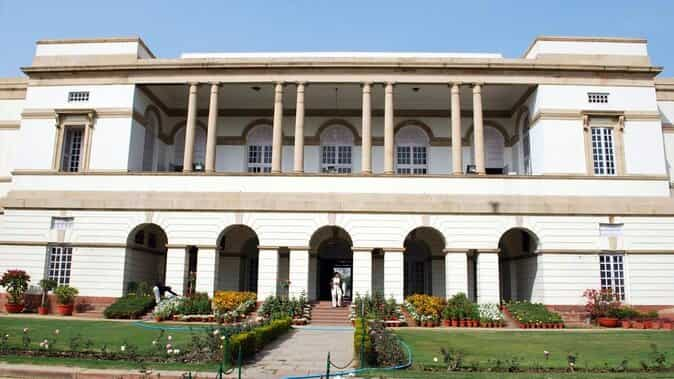

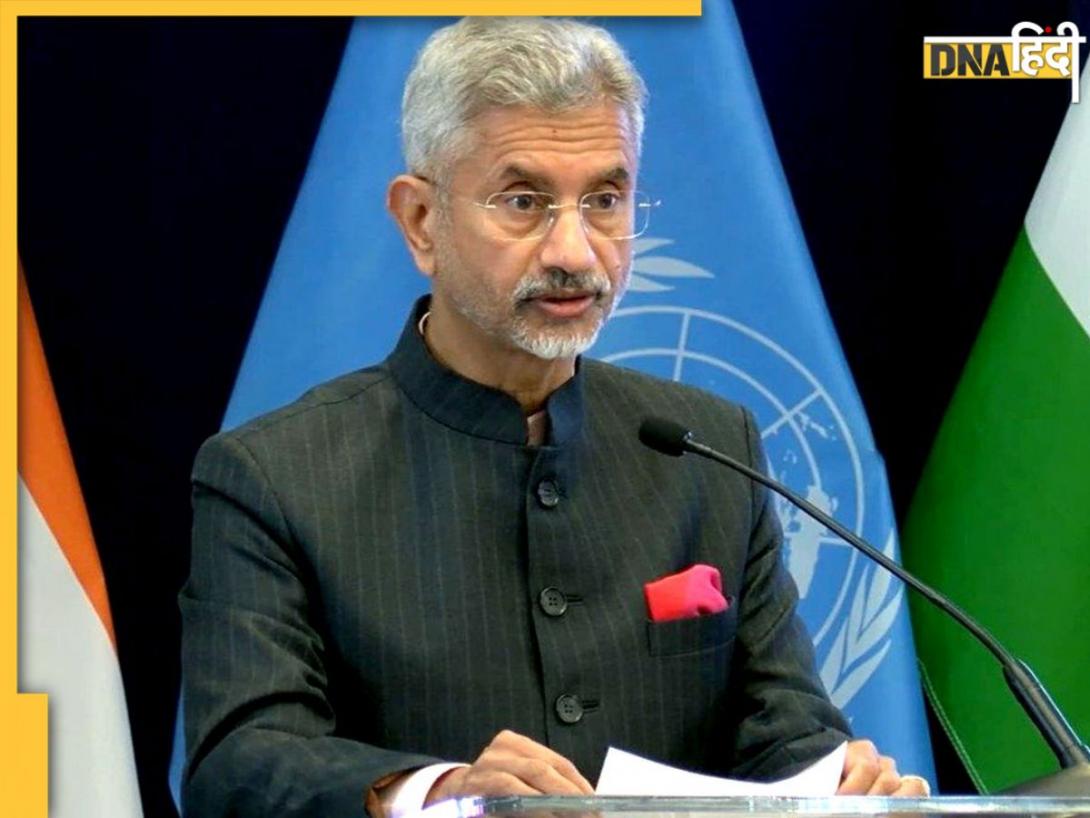


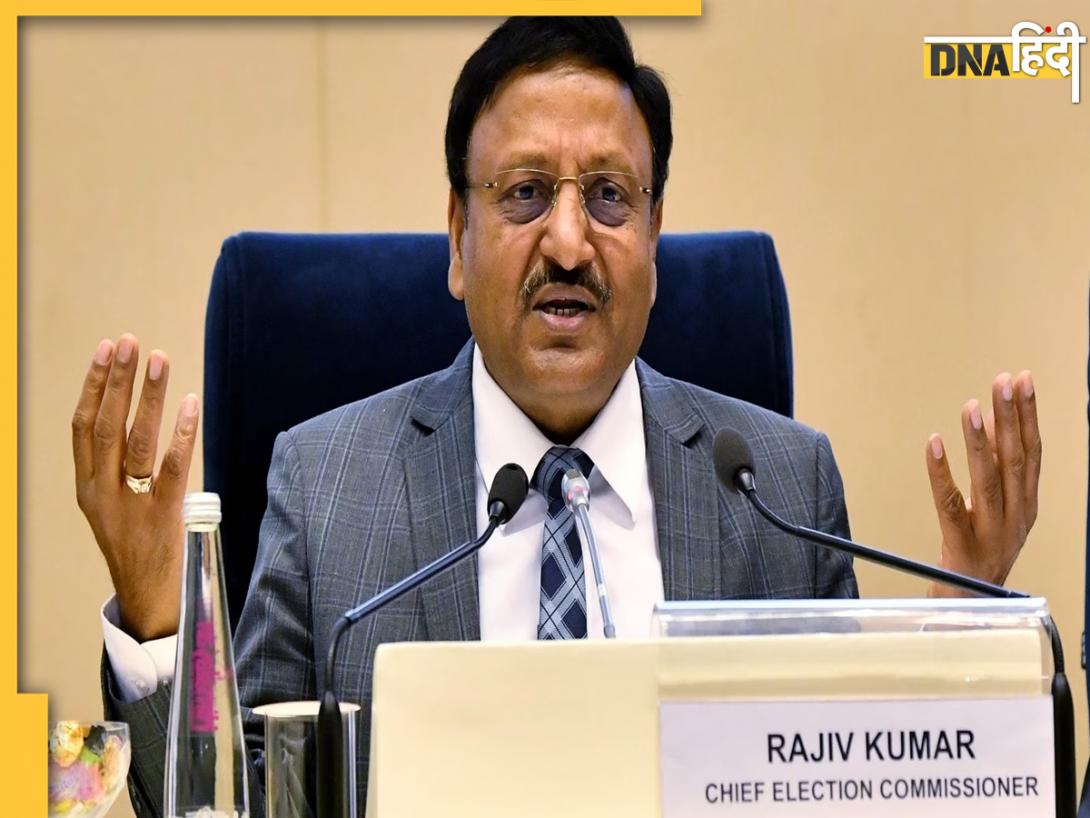












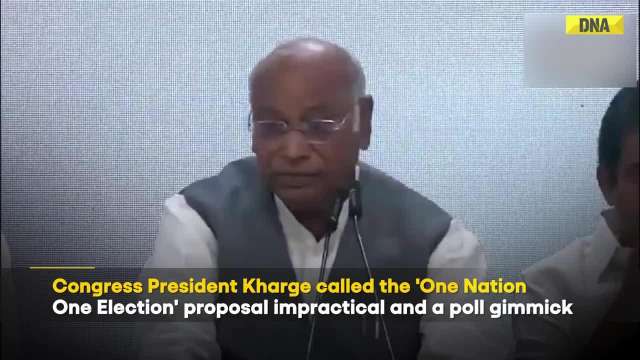


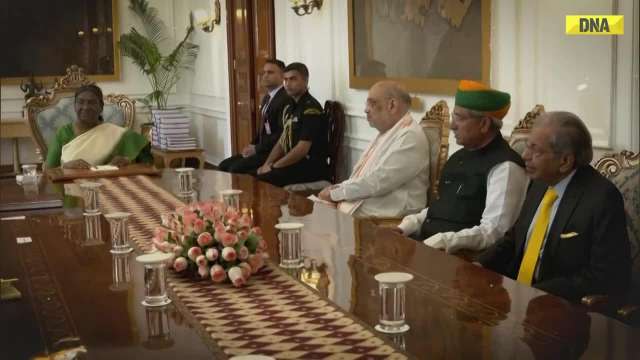









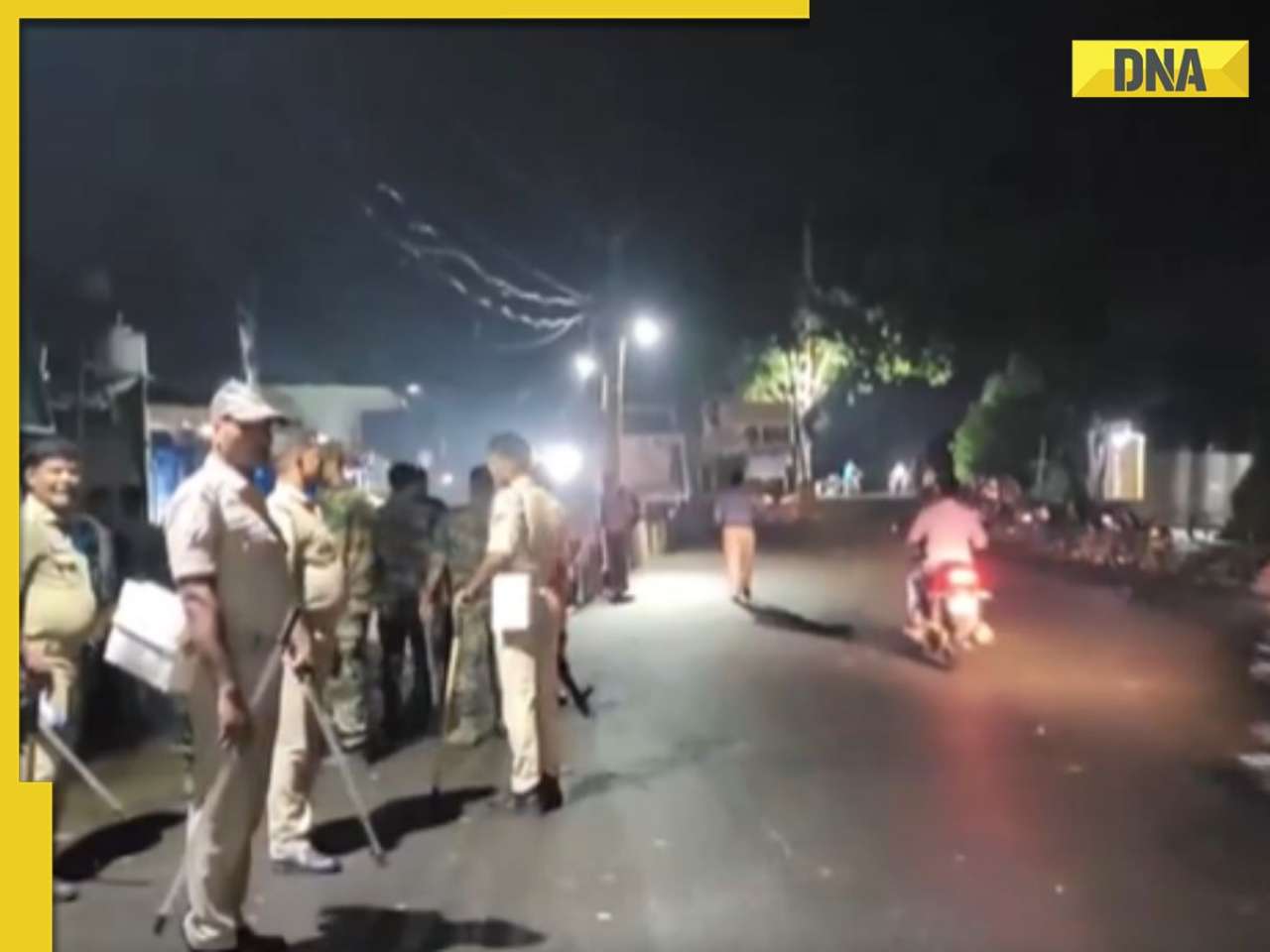




)
)
)
)
)
)
)
)
)
)
)
)
)
)
)





)
)
)
)
)
)